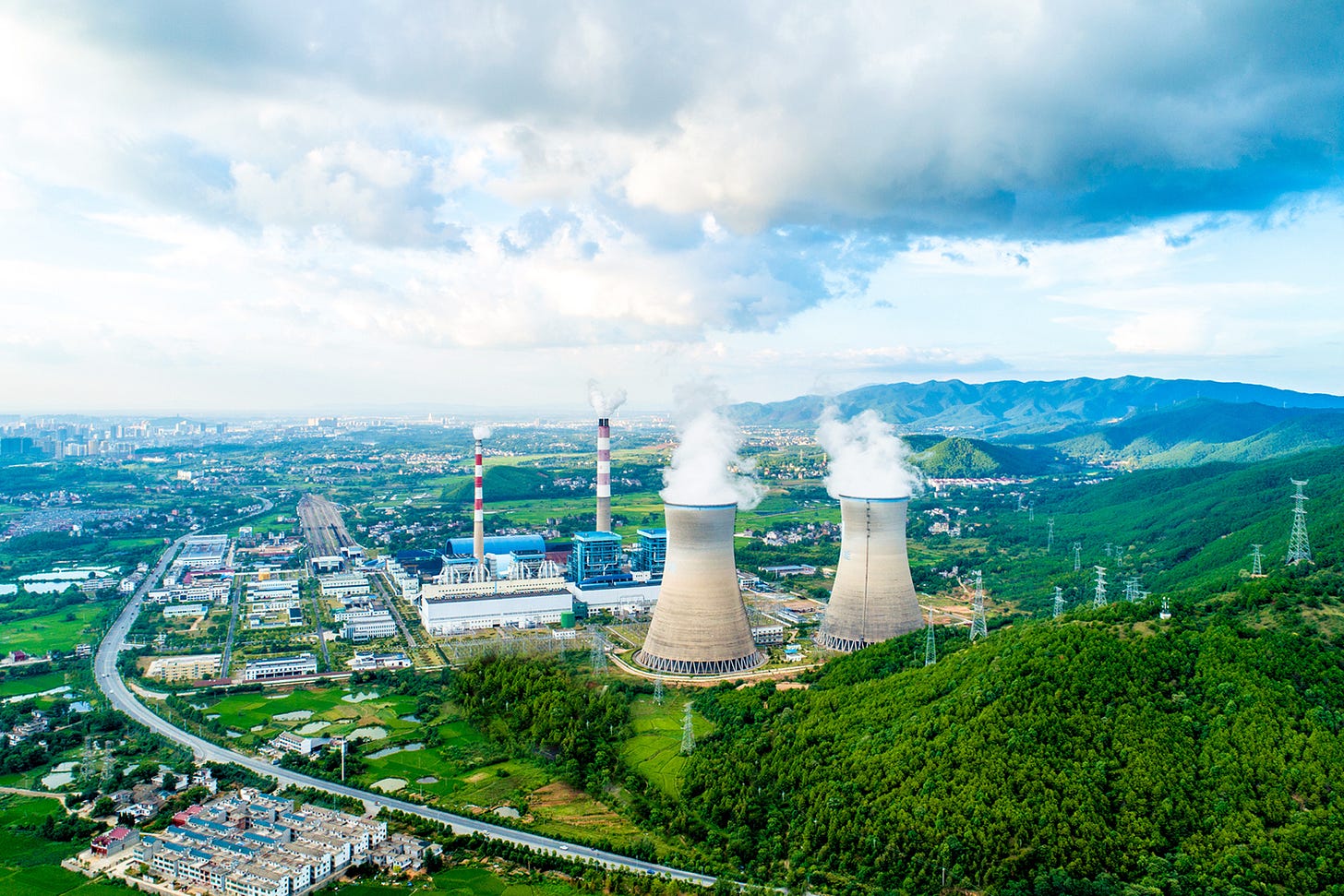In my latest column for the Dutch opinion blog Wynia’s Week, I argue opposition to nuclear power makes no sense.
Fatalities from nuclear accidents pale in comparison to the eight million deaths fossil fuels cause — every year.
Uranium, the most common nuclear fuel, is scarce, just like oil and natural gas, but it is two million times more powerful than oil.
All the nuclear waste produced in the world so far could fit inside a single football stadium. Modern reactors are able to recycle their waste as fuel until there is almost no radioactive waste left.
Nuclear power generation doesn’t emit carbon dioxides (CO₂). The environmental impact of nuclear energy barely registers in comparison to the havoc wreaked on the planet by fossil fuels.
Dependence
France is almost entirely energy-independent thanks to nuclear power. It has four times the population of the Netherlands but half its CO₂ emissions.
With Germany phasing out nuclear power, the Netherlands shutting down natural gas production in Groningen, and both Germany and the Netherlands phasing out coal, the dependence on Russian gas will increase. Germany imports 94 percent of its gas. The Netherlands 72 percent, up from 29 percent as recently as 2013. Europe as a whole buys half its natural gas — used both for heating as well as power generation — from Russia.
Dependence on Russia doesn’t just inhibit European foreign policy; it’s worse for the environment and makes European consumers vulnerable to the whims of Vladimir Putin.
Environment: Russia’s gas infrastructure has barely been updated since the Soviet era. Large quantities of methane leak into the environment during gas processing and transport, and methane contributes 84 times more to global warming than CO₂.
Consumers: As I wrote here last week, European energy prices are up because Russian gas exports are down.
The governments that can afford it are cutting energy or sales tax to reduce electricity and gas bills.
Upside-down
In the debate about nuclear power, everything is upside-down.
Environmentalists who (rightly) argue we must “listen to the science” on climate change wave away facts and figures about nuclear energy.
Billions are spent on subsidies for “green” energy, but when it comes to nuclear power, subsidies — needed because governments deny manufacturers economies of scale — are cited as an argument against it.
Radioactive waste is a problem, but nobody argues we should stop solar or wind power because they produce waste. Old solar panels are dumped in developing countries, where they are burned, releasing toxic fumes. Wind turbines are partly made out of plastic — the world’s number-one waste problem — and they last only 25 years.
Several companies, including General Electric of America and Hitachi of Japan, are working on small nuclear reactors that could compete with coal- and gas-fired power stations on cost. Mini-reactors would also reduce the risk of catastrophe in the (extremely rare) event of a meltdown. Yet such technologies aren’t taken into consideration, because they haven’t been “proven” — and, if greens had their way, they could never prove themselves.
Click here to read the whole thing.




